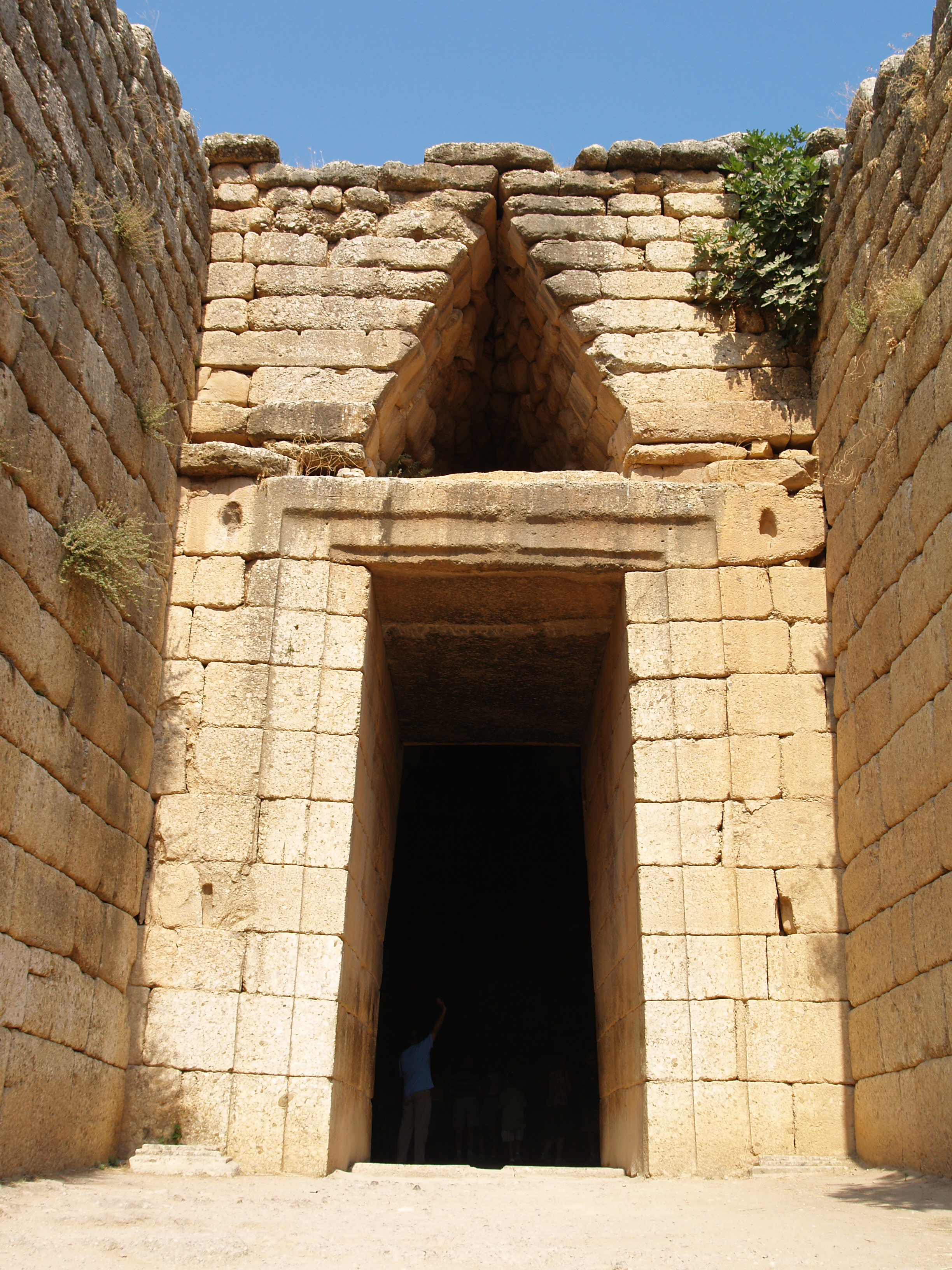Greece
 Greece,, , or , .}} officially the Hellenic Republic,, .}} is a country in Southeast Europe. Located on the southern tip of the Balkan peninsula, it shares land borders with Albania to the northwest, North Macedonia and Bulgaria to the north, and Turkey to the east. The Aegean Sea lies to the east of the mainland, the Ionian Sea to the west, and the Sea of Crete and the Mediterranean Sea to the south. Greece has the longest coastline on the Mediterranean Basin, spanning thousands of islands and nine traditional geographic regions. It has a population of over 10 million. Athens is the nation's capital and largest city, followed by Thessaloniki and Patras.
Greece,, , or , .}} officially the Hellenic Republic,, .}} is a country in Southeast Europe. Located on the southern tip of the Balkan peninsula, it shares land borders with Albania to the northwest, North Macedonia and Bulgaria to the north, and Turkey to the east. The Aegean Sea lies to the east of the mainland, the Ionian Sea to the west, and the Sea of Crete and the Mediterranean Sea to the south. Greece has the longest coastline on the Mediterranean Basin, spanning thousands of islands and nine traditional geographic regions. It has a population of over 10 million. Athens is the nation's capital and largest city, followed by Thessaloniki and Patras.Greece is considered the cradle of Western civilisation and the birthplace of democracy, Western philosophy, Western literature, historiography, political science, major scientific and mathematical principles, theatre, and the Olympic Games. The Ancient Greeks were organised into various independent city-states, or ''poleis'' (singular ''polis''), that spanned the Mediterranean and Black seas. Philip II of Macedon united most of present-day Greece in the fourth century BC, with his son Alexander the Great conquering much of the known ancient world from the Near East to northwestern India. The subsequent Hellenistic period saw the height of Greek culture and influence in antiquity. Greece was annexed by Rome in the second century BC, becoming an integral part of the Roman Empire and its continuation, the Byzantine Empire, where Greek culture and language were dominant. The Greek Orthodox Church, which emerged in the first century AD, helped shape modern Greek identity and transmitted Greek traditions to the wider Orthodox world. After the Fourth Crusade in 1204, parts of the Greek peninsula came under Latin rule, but most of the area fell under Ottoman control by the mid-15th century.
Following a protracted war of independence in 1821, Greece emerged as a modern nation state in 1830. The Kingdom of Greece pursued gradual territorial expansion, which was mainly realised during the Balkan Wars of 1912 and 1913 and ceased following the catastrophic defeat of its Asia Minor Campaign in 1922. A short-lived republic was established in 1924 but faced civil strife and the challenge of resettling refugees from Turkey. In 1936 a royalist dictatorship inaugurated a long period of authoritarian rule, marked by military occupation, civil war and military dictatorship. Greece transitioned to democracy in 1974–75, leading to the current parliamentary republic.
Having achieved record economic growth from 1950 through the 1970s, Greece is a developed country with an advanced high-income economy. It was the tenth member to join what is today the European Union in 1981 and is part of multiple international organizations and forums. Greece has a unique cultural heritage, large tourism industry, and prominent shipping sector. The country's rich historical legacy is reflected partly by its 20 UNESCO World Heritage Sites. Greece was the ninth most-visited country in the world in 2024. Provided by Wikipedia
-
1
-
2Published 2007“…Ελλάδα…”
Book -
3Published 2008“…Ελλάδα…”
Book -
4
-
5Published 2009“…Ελλάδα…”
Book -
6Published 2006“…Ελλάδα…”
Book -
7
-
8
-
9Published 1990“…Ελλάδα…”
Book -
10Published 2005“…Ελλάδα…”
Book -
11
-
12
-
13
-
14
-
15
-
16
-
17
-
18
-
19
-
20